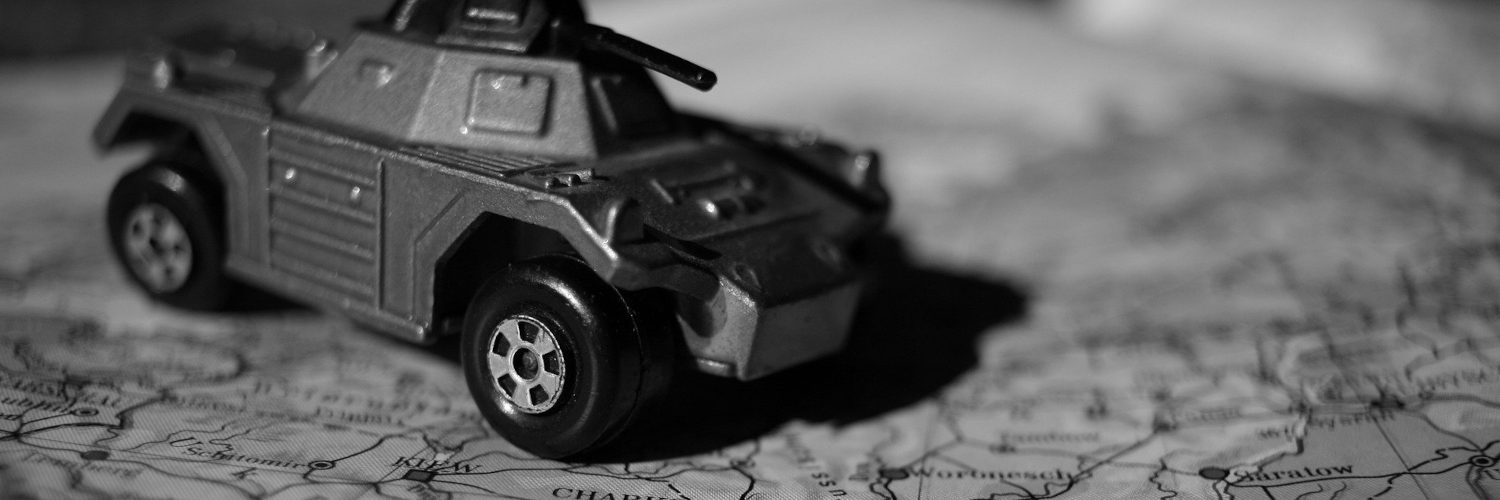On 23 February, the West woke up to the invasion of Ukrainian territory by Russian forces. The first explosions have already occurred near the Ukrainian capital, Kiev. Thousands of people are seeking shelter or fleeing their cities while Western powers discuss sanctions against Russia.
To understand the details of the Ukrainian crisis, it is necessary to look back at the series of events that led to its outbreak and the position of the powers on the geopolitical chessboard. It is necessary to examine the role of the remnants of the Cold War: How the international scene was shaped after the fall of the Soviet Union. How the history of the Cold War affects the status quo to this day.
In November 2021, the Ukrainian government denounced the deployment of a Russian military force 80 kilometers from the two countries common border. Russian-Ukrainian relations came back to the forefront after a period of almost eight years since the events in Crimea. A diplomatic dialogue has begun between Russia and the “West” that tests the strength of NATO and the EU.
With the fall of the Soviet Union and the end of the Cold War, the world stage has taken on a new dimension and the most fundamental issue is that of “European security”. The current crisis ‘vindicates’ those scholars who argue that the global status quo of the Cold War era has never been replaced by a security system capable of ensuring an effective response to destabilizing events on the periphery of Eastern Europe. At the same time, although Western Europe is unlikely to become a battlefield, the economic and social consequences it will face will be devastating. Institutionally, the construction of ‘European security’ has focused on three organizations: NATO, the fundamental pillar of Western diplomacy; the European Union, the world’s largest economy; and the OSCE, the largest intergovernmental security-maintaining organization.
But it is clear that since the Cold War, the West has been unable to develop security mechanisms that cover Eastern Europe. The region remains a source of instability because its protection is based on ad hoc decisions rather than institutional guarantees. Thus, today we find ourselves seeing images of bombed-out areas, while the Western states simply reproach Russian actions.
If you look at Russia geographically, it is in a disadvantageous position, having vast expanses of frozen, unsustainable plains, with a proportionally small population and lack of access to warm, and therefore exploitable, ports. What makes it the power that it is, are the huge energy reserves hidden in its subsoil, oil, and gas, which allows it to enter into economic agreements with other powers and maintain a position of strength.
The Eastern European states that were once part of the Warsaw Pact can be divided into three categories: neutral, pro-Russian, and pro-Western. The first category includes those who produce their own energy and are not dependent on any side for their security or trade. The second includes states whose economies are linked to Russia. In the third category are countries that suffered from Soviet tyranny. There are however three key states: Georgia, Moldova, and Ukraine. These states want to join Western organizations, but their geographical proximity to Russia makes this difficult. The accession of any of these three countries to NATO would mean the start of a war on European soil…
In the face of the Ukrainian crisis, the EU is imposing limited economic sanctions because several European countries depend on Russian energy to survive. The pipelines run from East to West and it is therefore up to the Kremlin to “keep the gates open”. Energy as a factor of political power is fully exploited and every Russian move is met with leniency.
It is extremely utopian to believe that calls for ‘respect for international law’ will be answered by the Russian side. The NATO Secretary-General states that NATO has no intention of sending military forces to Ukraine. Pro-Ukrainian Western powers, now that Mr. Putin has “opened Pandora’s box”, are not getting involved. They seem to have underestimated Russian aggression and have “condemned Ukraine to death”.









Add comment